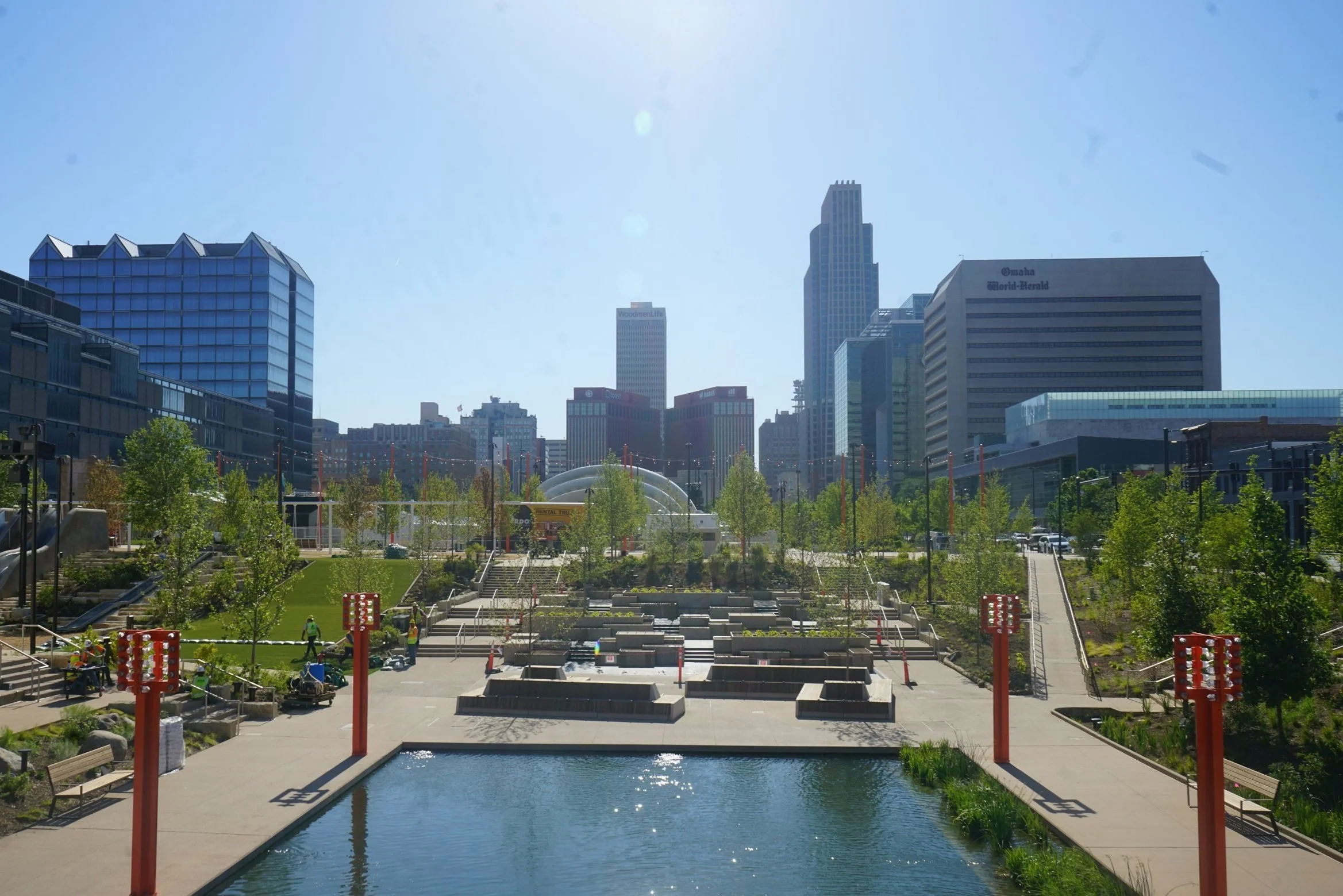ACLU Pipeline to Prison Report- Nebraska Continues to Create Overcrowding Crisis
By Kietryn Zychal
Today, (Dec. 13) the ACLU released an update to its 2017 report, “Nebraska’s Statehouse-to-Prison Pipeline.” The 2021 report examined legislation enacted over the past five years. It found the legislature created new crimes and broadened existing crimes which contributed to the overcrowding crisis in Nebraska’s prisons. In other instances, the legislature adopted reforms recommended in the 2017 report, such as bond reform and a simpler process to discharge court fines and fees for people who are struggling financially.
But, the problem that needs to be solved is without dispute. Nebraska’s prison population has grown 21% between 2011 and 2020, “leaving nearly every Nebraska Department of Correctional Services (NDCS) facility operating above capacity,” according to the report.
The ACLU advocates ending mass incarceration in Nebraska through changing state policies without building a new $230 million prison. But, Gov. Ricketts and Director of Corrections Scott Frakes are lobbying hard for construction of a new prison.
Sen. John Cavanaugh (LD 9), a former Douglas County assistant public defender, agrees with the ACLU. Cavanaugh called himself a firm believer in looking at sentencing, parole and programmatic reforms first, before trying to build a new prison. Not only is that “the fiscally responsible thing to do,” he said research shows these kinds of reforms work.
“I think we are rushing into the easiest answer (increasing capacity), instead of looking at the underlying reasons why we are incarcerating so many people for so long.” Cavanaugh said too much effort is spent on the optics of “trying to look like we are tough on crime, instead of doing what we are obligated to do –– help people to not reoffend.”
ACLU of Nebraska Government Liaison Spike Eickholt said in a press release, “We know from polling that most Nebraskans believe we’re already spending too much money locking up people who should instead be receiving mental health and addiction services. A new prison just commits us to more taxpayer costs and stark racial disparities when we could get better results and achieve our shared public safety goals with reform.”
The ACLU report recommends:
State senators refrain from introducing bills that create new crimes or increase penalties
Adopt sentencing reform
Make investments in alternatives to incarceration and reentry services (mental and behavioral health treatment)
Adopt innovations in probation and parole
In addition to the ACLU, the nonprofit Crime and Justice Institute (CJI) through funding from the Department of Justice, has been conducting an in-depth analysis of the state’s criminal justice system in the areas of sentencing, release and supervision. Gov. Ricketts requested funding for the partnership with CJI in February 2021. Sen. Terrell McKinney (LD 11) shared a fact sheet of CJI’s findings at a recent town hall in North Omaha. The data amplifies observations in the ACLU report.
Total prison admissions in Nebraska are down 21% since 2011, but the population is up 21% over the last 10 years.
Sen. McKinney gave this statement to NOISE: “Prison overcrowding in the state of Nebraska can be addressed by allowing more individuals on community corrections, granting more individuals parole, properly staffing our prison to allow for more access to programming. We also must rethink how we think about criminal justice. It has to become more rehabilitative and less punitive. Public safety is providing those inside with the basics to be successful. And upon release, making sure individuals have transportation, food assistance, a liveable wage job, and sustainable community programming.”
The full report and recommendations for reform from CJI are expected in late 2021 or early 2022. The “Statehouse-to-Prison Pipeline” report can be found on the ACLU website.












